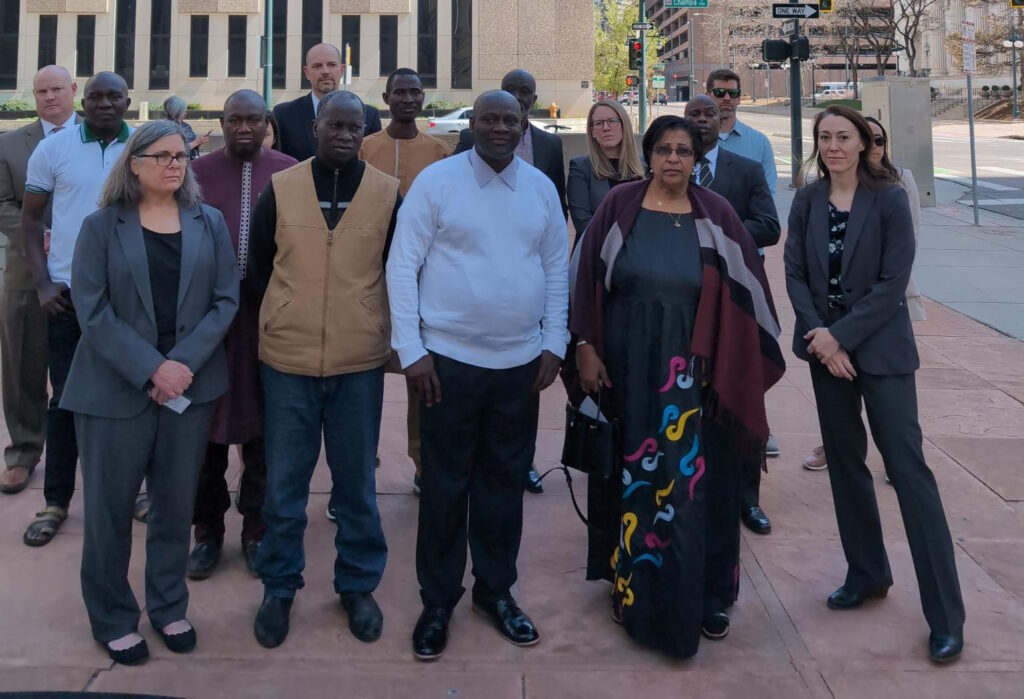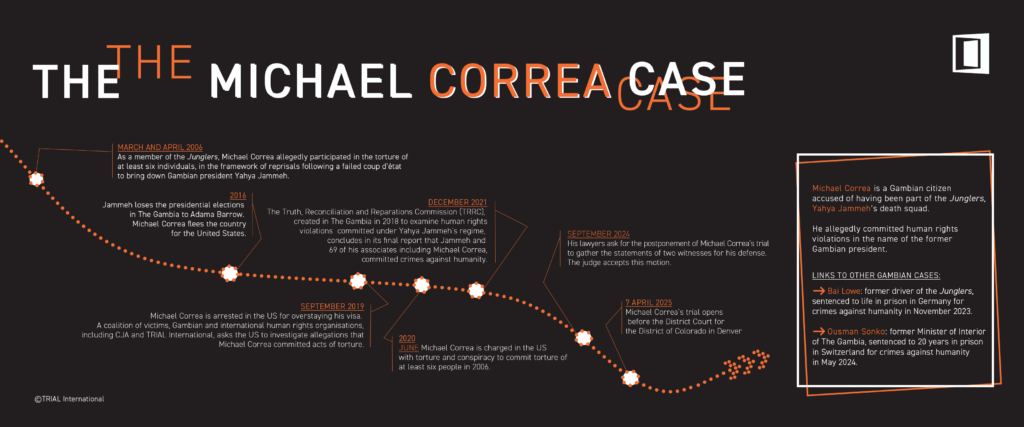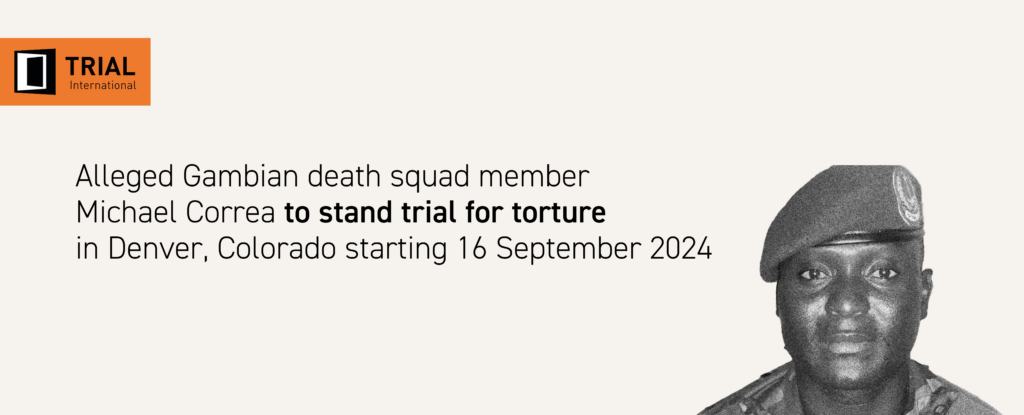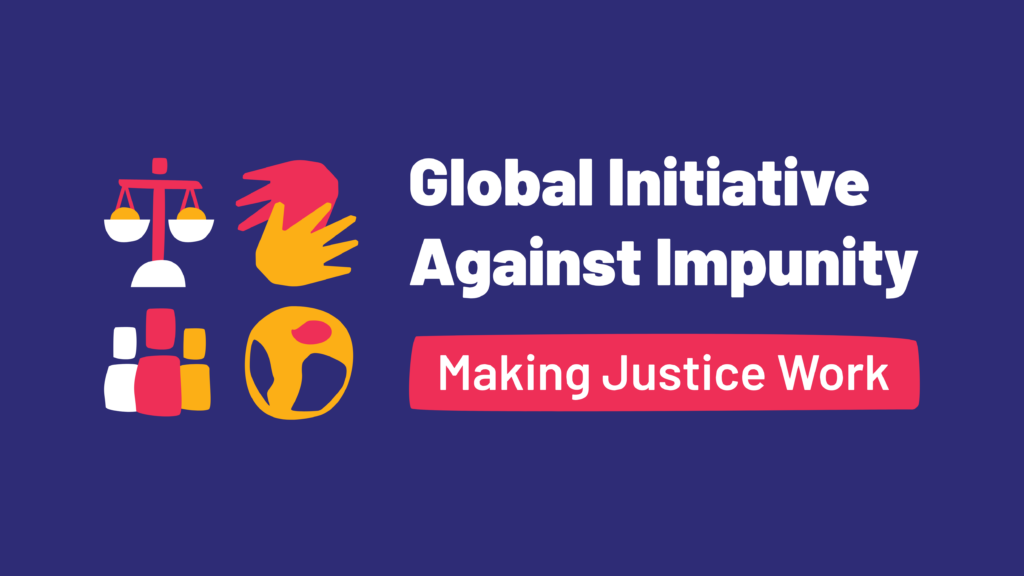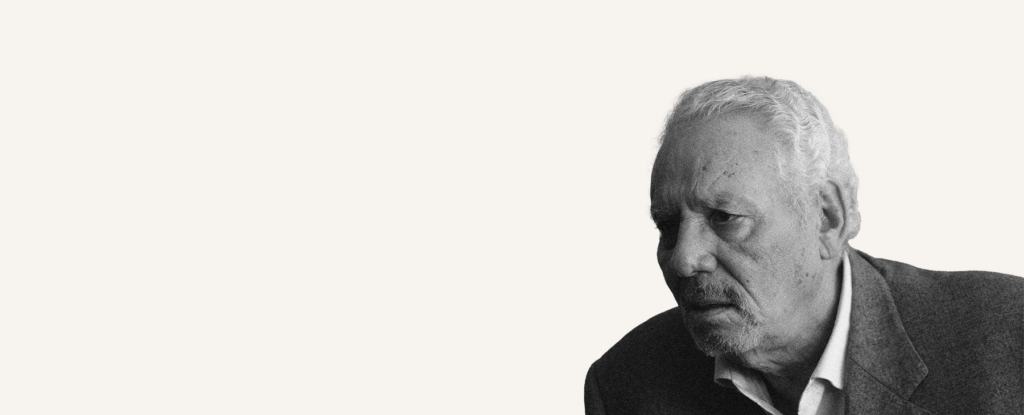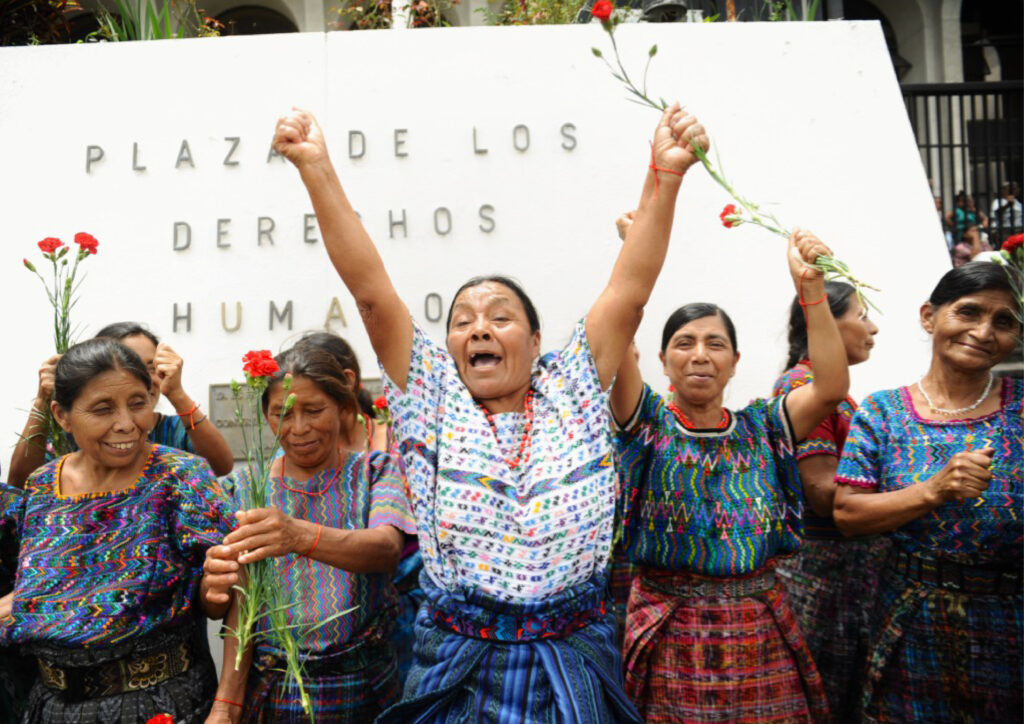Abdennacer Naït-Liman: from Ben Ali’s jails to the European Court of Human Rights
Abdennacer Naït-Liman has been through hell in Tunisian prisons. His torturers have never been convicted. On 14 June, TRIAL International will defend his case before the Grand Chamber of the European Court of Human Rights (ECHR).
Militant youth
Abdennacer Naït-Liman: “I was born in the Summer of 1957 in Jendouba, a city in the North-West of Tunisia. I was the second of eight children. I started being politically active at the age of 25. The 1980s were marked by the growing opposition to President Bourguiba’s regime. The Islamic Opposition Movement (Editor’s Note: Ennahdha today) then defended dignity, freedom of expression and fundamental rights. These values appealed to the young man I was.
After Ben Ali’s coup in 1987, the situation changed. Surveillance, arbitrary arrests and torture became common. I did not feel safe.”
On Garibaldi square
“I left for Parma, in Italy, as the repression intensified. I was still militating remotely through a human rights organization.
One of our most significant achievements was a campaign denouncing ill-treatments inflicted by Tunisian security agents. On Garibaldi square in Parma, we had placated rather disturbing photos of torture victims. Back then, many Italians would holiday in Tunisia and after this campaign, many cancelled their vacation. We had hit our target and that did not go down well.”
The day my life was turned upside down
“Soon afterwards, I learned the Italian police was looking for me. On 22 April 1992, I spontaneously went to the police station. That day, my life was turned upside down.
State security services were in charge of my file. They asked me to follow them, confiscated my identity papers and locked me in a room without further explanation. I was deeply worried, especially since I could not contact my wife, who was 6 months pregnant. A few days later, Italian policemen put me plane headed to Tunis. When they handed me over to the Tunisian police, they said ‘here is your merchandise’.”
The ‘operation room’
“A long series of interrogations followed at the Ministry of Interior in Tunis. Dozens of people interrogated me before they took me to the ‘operation room’. It was a small room covered in blood. Here and there, bits of flesh hung from the walls.There were two tables, a bucket of water, a pulley and two bat-like sticks. I remember feeling cold and intensely frightened.
They made me undress. They bound me in a ‘roast chicken’ position (Editor’s Note: a huddled and suspended position often employed by torturers). The pain I felt was inhumane. Bat and electric wire blows rang through my whole body. I did not know it was possible to suffer so much.
For 40 days, I was tortured day and night. My body was so hurt that I almost lost the use of a hand and a foot permanently. The inflicted pain was not just physical: they tried to break my spirit too, with threats, isolation and execution simulations.”
To survive
“It was the love of my close ones, faith and solidarity among prisoners that saved me. Every day. I would think of my pregnant wife and my parents, recite the Quran, cling on to every last bit of humanity and dignity.
Meanwhile, my family was moving mountains to find me. Amnesty International got involved to try and locate me. Eventually, I was released conditionally by the authorities after I had “confessed” alleged crimes under torture. I was forbidden to leave the country until the verdict was delivered.
In November 1992, the Appeals Court condemned me to 18 months’ imprisonment. I knew what that meant. I had almost died in 40 days in detention, I would not be finishing that 18-months sentence alive. I chose to flee.”
Exile
“I had to escape the scrutiny of government spies to leave. This marked the beginning of long wandering months. 150km to Tunis in a taxi, then 550km by train and another taxi to the frontier with Libya. My wife and our two young children joined me in Tripoli. From there, we travelled to Turkey and then Switzerland. We arrived in June 1993 and lodged an asylum request.
The first few years in Switzerland have been hard for my wife and myself, but we received support from a lot of people. In 1995, we were granted a refugee status. For the last 20 years, we have lived near Geneva where we have found a certain peace.”
Rebuilding my dignity
“In Geneva, I founded a support organization for Tunisian victims of torture. In 2001, I filed a criminal complaint against the former Minister who had ordered my torturing. This complaint has been a cornerstone to rebuilding my dignity. I knew then I had to keep fighting for justice by all legal means.
Civil complaint, appeals before the Federal Tribunal, European Court of Human Rights. I knew the road would be long, but not so long. So far, Switzerland did not consider it should take up my case because the tortures occurred in a third country. But where else could I seek justice than in the country that has offered me refuge from those exact abuse? Switzerland has recognized me as a victim but is preventing me from being anything else.”
The end of the road
“On Wednesday 14 June 2017, after 15 years, my quest for justice will reach its final stage. My case will be presented to the 17 judges sitting at the Grand Chamber of the European Court of Human Rights.
Their decision will be important for me of course, but also for other torture victims on European soil, who could be able to demand justice in their asylum country. The fight also has a wider reach than my individual story: hundreds of political prisoners died in Ben Ali’s prisons.
The new generation of activist in Tunisia have tools we did not have 20 years ago. Thanks to the web and social media, they can circulate information and denounce crimes much more broadly than we ever could. My message to them is to put these tools to good use, and to fight violence with the weapons of justice, freedom and mutual respect. To my children too, I imparted a taste for justice rather than revenge.”

